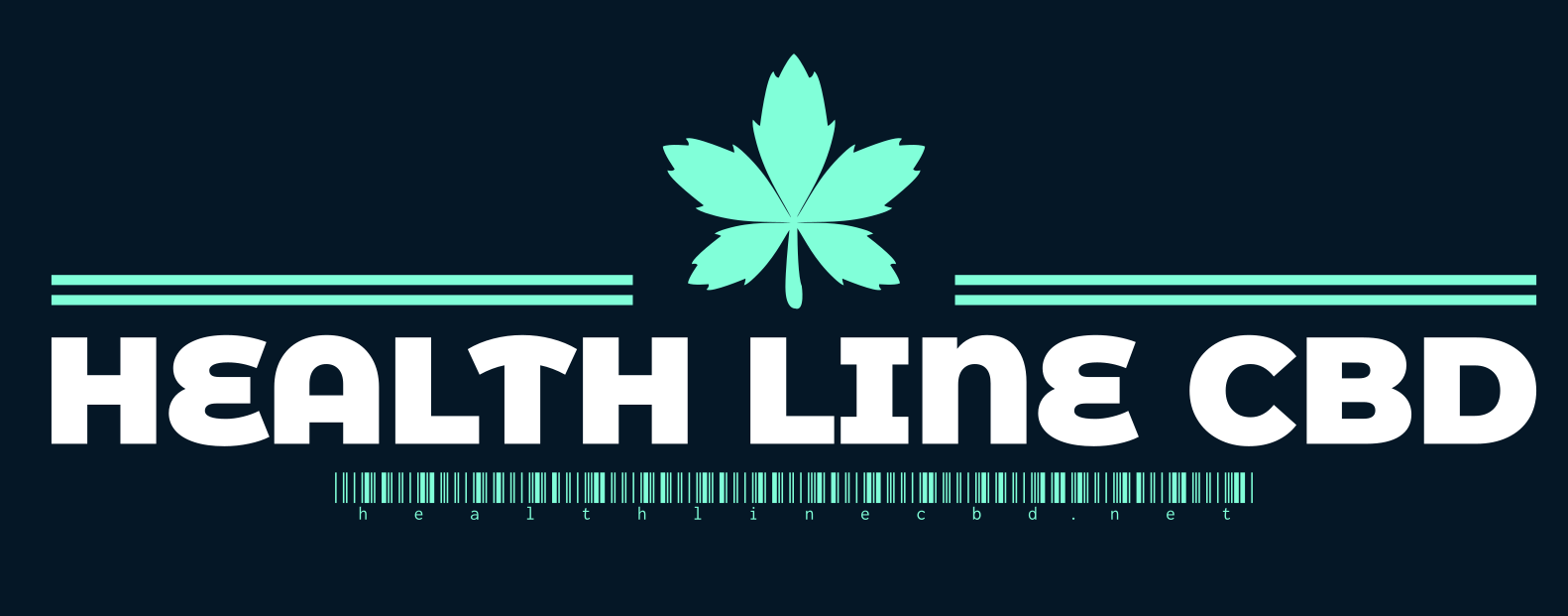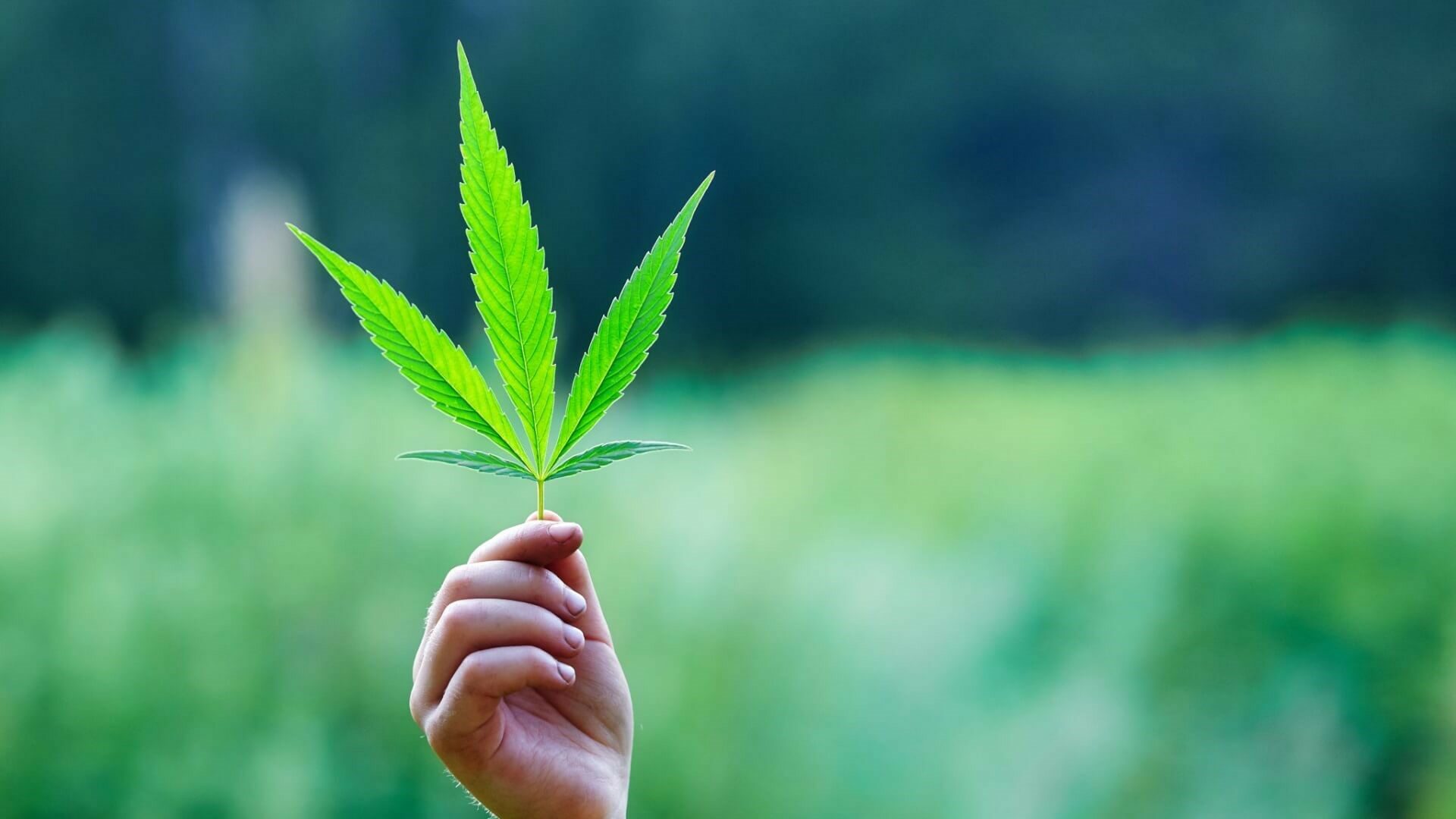THC’s Potential Effects on Cognitive Function

Tetrahydrocannabinol, more commonly known as THC, is the primary psychoactive compound found in cannabis. Its effects on cognitive function are complex and multifaceted, with potential impacts ranging from enhanced creativity and focus to impaired memory and coordination.
Impact on Focus and Attention
THC’s influence on cognitive function, particularly focus and attention, is a subject of ongoing research and debate. Some studies suggest that THC may initially enhance focus by increasing alertness and reducing anxiety, leading users to feel more engaged in tasks. However, this effect is often short-lived and can be followed by decreased attention span, difficulty concentrating, and impaired working memory as the drug’s effects continue.
Influence on Reaction Time
Reaction time, a crucial factor in many aspects of gaming, can also be affected by THC. Some individuals may experience an initial improvement in reaction speed due to heightened sensory perception, but this is often followed by slowed response times as cognitive function declines. The unpredictable and variable nature of THC’s effects makes it difficult to definitively say whether it enhances or hinders reaction time for all users.
The Science Behind THC’s Effects on the Brain
Tetrahydrocannabinol, commonly known as THC, is the primary psychoactive compound found in cannabis. Its impact on cognitive function is complex, potentially influencing creativity, focus, memory, and coordination.
Cannabinoid Receptors and Their Role
THC exerts its effects by interacting with cannabinoid receptors (CB1 and CB2) located throughout the brain and body. These receptors are part of the endocannabinoid system, which plays a crucial role in regulating various physiological processes, including mood, appetite, sleep, and pain perception.
- CB1 Receptors: Primarily found in the brain and central nervous system, CB1 receptors are involved in mediating THC’s psychoactive effects. When THC binds to these receptors, it disrupts neurotransmission, leading to alterations in cognitive function, mood, and perception.
- CB2 Receptors: More concentrated in the immune system and peripheral tissues, CB2 receptors are thought to play a role in reducing inflammation and pain. While THC can interact with CB2 receptors, their involvement in its cognitive effects is less clear.
The activation of CB1 receptors in specific brain regions associated with attention, memory, and motor control contributes to THC’s complex influence on cognitive function. For example, THC’s impact on the prefrontal cortex, a region crucial for executive functions like planning and decision-making, may explain its potential to both enhance and impair focus.
Dopamine Release and Its Relationship to Cognition
THC exerts its effects by interacting with cannabinoid receptors (CB1 and CB2) located throughout the brain and body. These receptors are part of the endocannabinoid system, which plays a crucial role in regulating various physiological processes, including mood, appetite, sleep, and pain perception.
- CB1 Receptors: Primarily found in the brain and central nervous system, CB1 receptors are involved in mediating THC’s psychoactive effects. When THC binds to these receptors, it disrupts neurotransmission, leading to alterations in cognitive function, mood, and perception.
- CB2 Receptors: More concentrated in the immune system and peripheral tissues, CB2 receptors are thought to play a role in reducing inflammation and pain. While THC can interact with CB2 receptors, their involvement in its cognitive effects is less clear.
The activation of CB1 receptors in specific brain regions associated with attention, memory, and motor control contributes to THC’s complex influence on cognitive function. For example, THC’s impact on the prefrontal cortex, a region crucial for executive functions like planning and decision-making, may explain its potential to both enhance and impair focus.
One of the key neurotransmitters affected by THC is dopamine, which plays a critical role in reward, motivation, and pleasure. THC increases dopamine release in certain brain areas, particularly the nucleus accumbens, leading to feelings of euphoria and well-being.
THC Soda and Gaming: Empirical Evidence
The relationship between THC consumption and gaming performance is complex and multifaceted. THC, the primary psychoactive compound in cannabis, can influence cognitive functions like focus, attention, and reaction time, which are essential for success in many video games.
Studies Investigating the Link
Empirical evidence regarding THC soda’s specific impact on gaming performance remains limited. While some anecdotal reports suggest potential benefits in terms of creativity and relaxation, scientific studies directly investigating the link between THC consumption (through soda or other means) and gaming skills are scarce.
Existing research primarily focuses on the broader cognitive effects of THC rather than its influence on gaming-specific tasks. These studies demonstrate that THC can initially enhance focus and alertness, but these effects are often transient and can be followed by impaired attention, working memory, and reaction time.

Limitations of Existing Research
The limited research available on THC soda’s impact on gaming performance presents challenges in drawing definitive conclusions about its potential benefits or drawbacks. Most existing studies examine the broader cognitive effects of THC, rather than its specific influence on gaming-related skills.
A key limitation is the lack of controlled studies directly comparing the performance of individuals who consume THC soda to those who do not while engaging in gaming tasks. Such studies would allow researchers to isolate the specific effects of THC on various aspects of gameplay, such as reaction time, accuracy, and decision-making.
Additionally, the variability in individual responses to THC, influenced by factors like tolerance, metabolism, and dosage, makes it difficult to generalize findings from existing research to all potential users.
Potential Risks and Considerations
Before delving into the potential benefits of THC soda for gaming performance, it’s crucial to acknowledge the inherent risks and considerations associated with THC consumption. While some individuals may experience short-term cognitive enhancements, THC can also lead to impaired attention, memory problems, and slowed reaction times. These effects can negatively impact gameplay and potentially lead to poor decision-making.
Cognitive Impairment at High Doses
High doses of THC can lead to significant cognitive impairment. This includes problems with attention, memory, learning, and decision-making. At these levels, THC can interfere with the brain’s ability to process information effectively, making it difficult to focus on tasks, remember instructions, or make sound judgments.
Prolonged or heavy THC use has been linked to an increased risk of developing cognitive decline and neuropsychiatric disorders. The potential for long-term cognitive effects highlights the importance of responsible use and moderation.
Individual Variability in Response to THC
Potential risks associated with THC consumption, particularly in relation to gaming, include impaired attention, memory problems, and slowed reaction times. These effects can negatively impact gameplay, leading to poor performance, strategic errors, and increased frustration.
It is essential to recognize that individual responses to THC vary widely depending on factors such as tolerance, metabolism, dosage, and individual brain chemistry. What may enhance focus for one person could lead to significant cognitive impairment in another.
Prioritizing responsible use and moderation is crucial when considering any potential cognitive effects of THC.
Legal and Ethical Implications
The consumption of THC, the psychoactive compound in cannabis, presents several legal and ethical considerations, particularly in the context of gaming. Legally, THC’s status varies widely depending on location. In some places, it is fully legalized for recreational or medicinal use, while in others it remains strictly prohibited. Individuals must comply with local laws and regulations regarding THC possession and consumption.
Ethically, the use of THC in gaming raises questions about fairness and competitive integrity. If an individual uses THC to enhance their performance in a competitive gaming environment, it could be argued that they are gaining an unfair advantage over opponents who choose not to consume it. This raises concerns about the level playing field and the authenticity of competition.
Furthermore, there are ethical considerations regarding the potential for addiction and dependence associated with THC use. The accessibility of THC-infused products, such as sodas, could potentially increase the risk of misuse and addiction, particularly among vulnerable populations like adolescents.
Ultimately, navigating the legal and ethical implications of THC consumption in gaming requires careful consideration of individual responsibility, local laws, and the potential impact on fairness and well-being.
Cloud Cola weed drinks – experience the best
- Who Should Not Get Fillers? - November 10, 2025
- What Is Relationship Anarchy And How Does It Challenge Monogamous Ideals? - November 7, 2025
- Weed Drinks & Weed Infused Beverages - November 6, 2025

